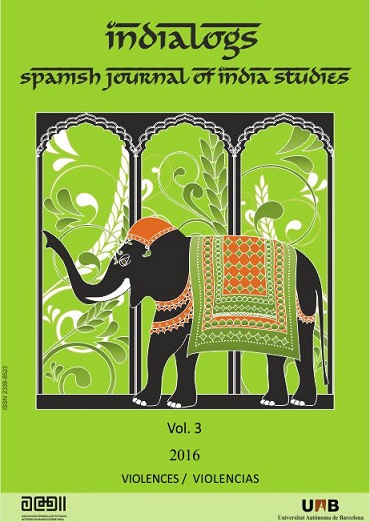
As Robert Kroetsch, The Canadian Author, Says, We Want The Critic To Find Us Out Our Indian Authors Today Also Should Legitimately Expect The Perceptive-Responsive Critic To Find Them Out. The Extraordinary Richness And Variety Of Indian Writing Today, Indeed, Pose A Challenging Task For Any Critic Or Anthologist In The Area, Since It Has Become Next To Impossible To Give Any Comprehensive View Or Idea Of This Fast-Growing Literature In Its Totality Within The Compass Of A Single Volume.Still It Remains The Critic S Responsibility As Well As Pleasure To Find The New Authors And Texts Side By Side With The Older And Already Canonized Ones. With New Trends Emerging, New Talents Making Their Mark, New Creative And Critical Branches Sprouting In Various Directions, As Well As With The Thematic Varieties, Technical Experiments, And Linguistic Innovations, It Is Now God S Plenty. Indian English Writing Is A Vast Arena Today. It is also the story of a Sikh boy and a Muslim girl whose love endures and transcends the ravages of war. Train to Pakistan is the story of this isolated village that is plunged into the abyss of religious hate. Then one day, at the end of the summer, the “ghost train” arrives, a silent, incredible funeral train loaded with the bodies of thousands of refugees, bringing the village its first taste of the horrors of the civil war. One of these villages was Mano Majra.” It is a place, Khushwant Singh goes on to tell us at the beginning of this classic novel, where Sikhs and Muslims have lived together in peace for hundreds of years.

The only remaining oases of peace were a scatter of little villages lost in the remote reaches of the frontier.

“In the summer of 1947, when the creation of the new state of Pakistan was formally announced, ten million people-Muslims and Hindus and Sikhs-were in flight, By the time the monsoon broke, almost a million of them were dead, and all of northern India was in arms, in terror, or in hiding.


 0 kommentar(er)
0 kommentar(er)
